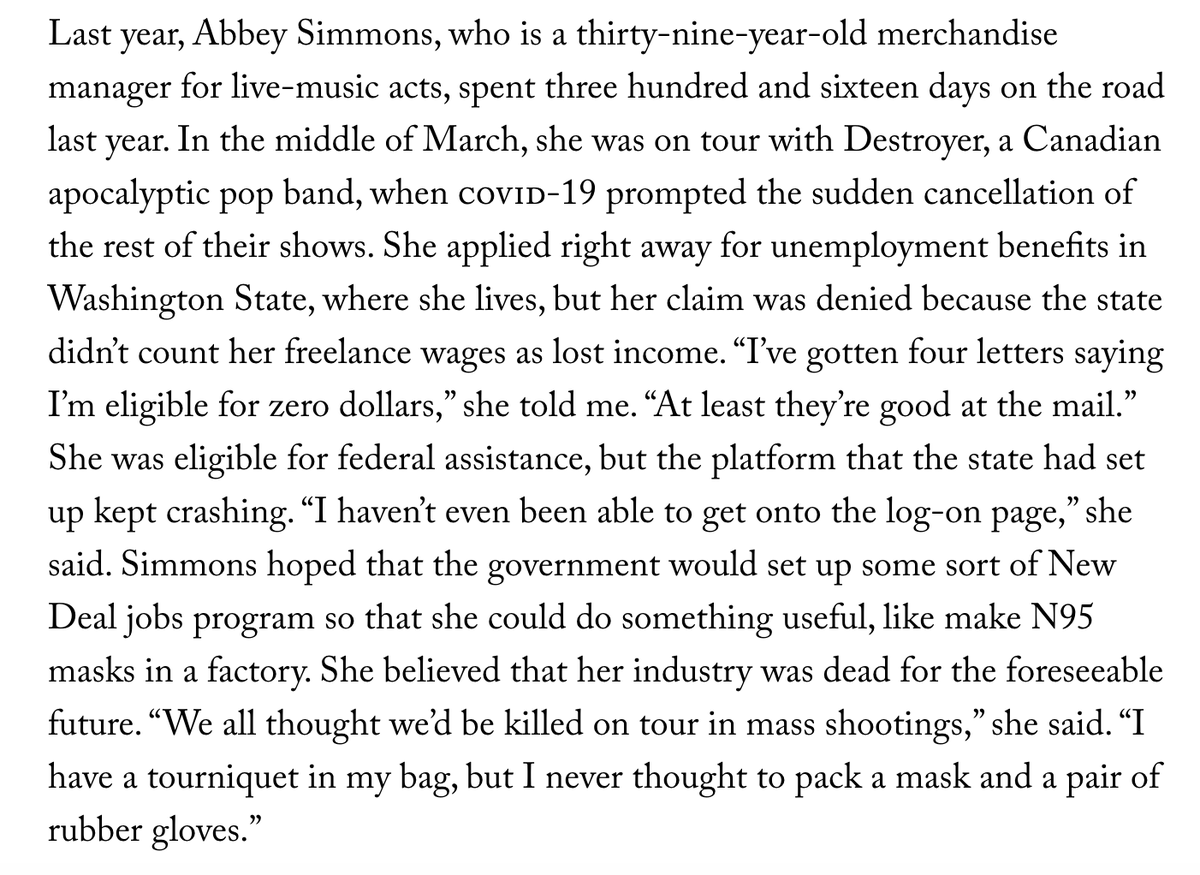
Ownership consolidation and monopoly dynamics cause problems for musicians, but they also amplify existing problems. When too few companies have too much power, that means if a business model isn’t working for you, you may not have alternatives.
Here’s an example: in the 90s, it was challenging for independent music to get radio play or coverage in big mainstream magazines. Altweeklies and niche publications played a crucial role in encouraging the modern independent music movement, at local and national levels.
But ownership consolidation has been a disaster for local journalism. We’ve seen many altweeklies shuttered, page counts radically diminished, local coverage cut back, critics laid off. Pressure has also come from ad tech monopoly dynamics online.
Another example: musicians may only have limited leverage over workplace conditions and contract terms for live shows. They aren’t “employees” so they don’t get many typical employment protections. But if AEG and LiveNation control nearly all venues, the problem gets worse.
Musicians can get more leverage if they’re represented by a booking agency. But booking agencies have been consolidating too, responding to consolidation elsewhere. When that happens, rosters get winnowed down, artists lose their representation.
Here’s the good news: just as monopolies in one part of the music ecosystem encourage monopolies in other areas and make problems worse, anti-monopoly policies and interventions in one area help create healthier markets in other parts of the ecosystem.
Policies that halt or reverse consolidation in broadcasting and journalism help independent labels and diverse musicians. Policies that address ad tech monopolies help small businesses of all kinds.
More good news: Independent businesses in music are getting more organized than ever. @a2im represents indie labels, @NITO_Live reps talent companies (like booking/management), @nivassoc reps independent venues.
These businesses partner with musicians, and while they’re not always on the same side of the negotiating table as musicians, our interests are often aligned because deconcentration and ownership diversity means more options, more agency, more diversity.
Maybe the best news: there’s a growing anti-monopoly movement, in DC and across the nation. As we work to rebuild our industry in healthier ways post-covid, leaving behind exploitative systems of the past, we can help lead this movement for economic justice.
• • •
Missing some Tweet in this thread? You can try to
force a refresh



